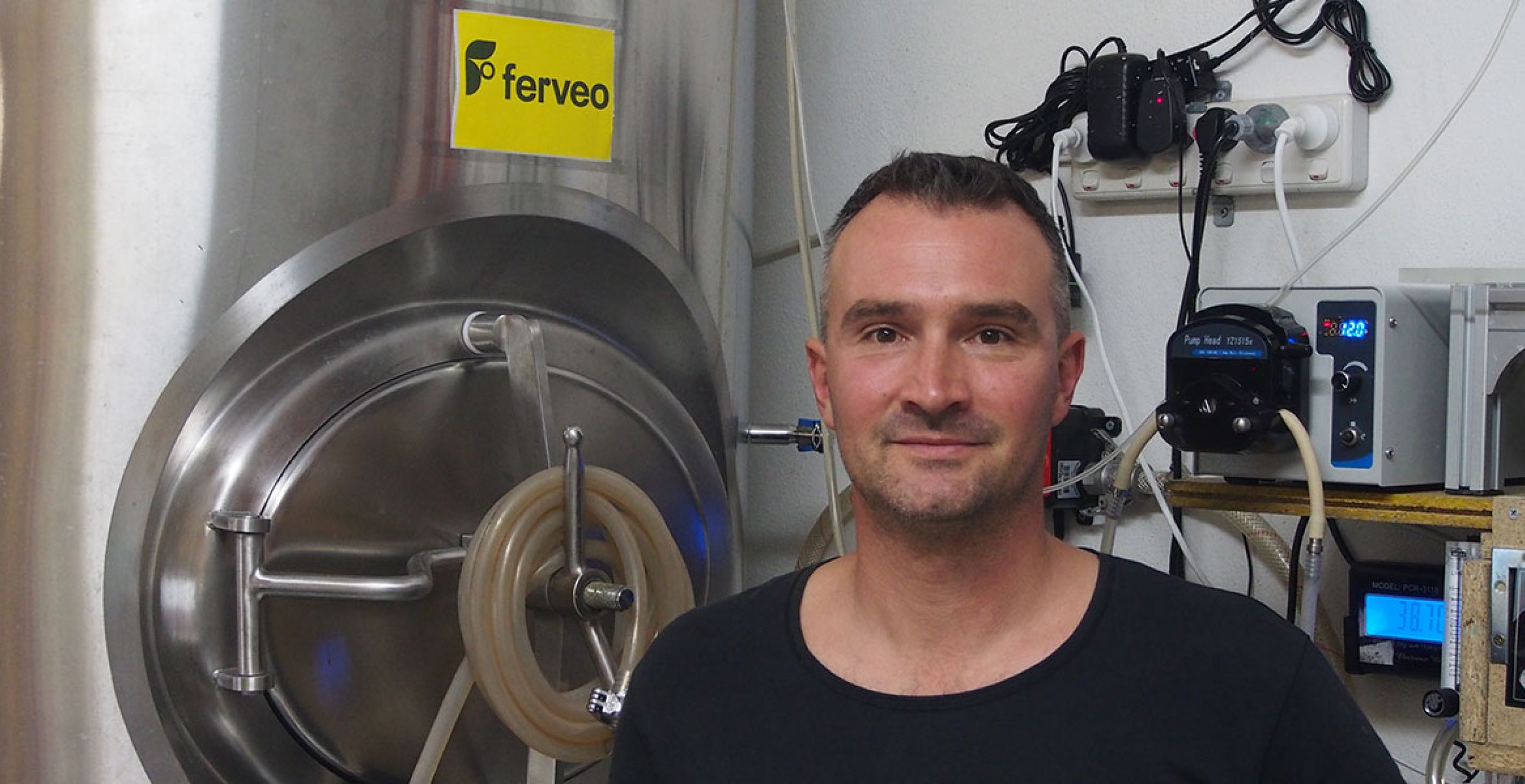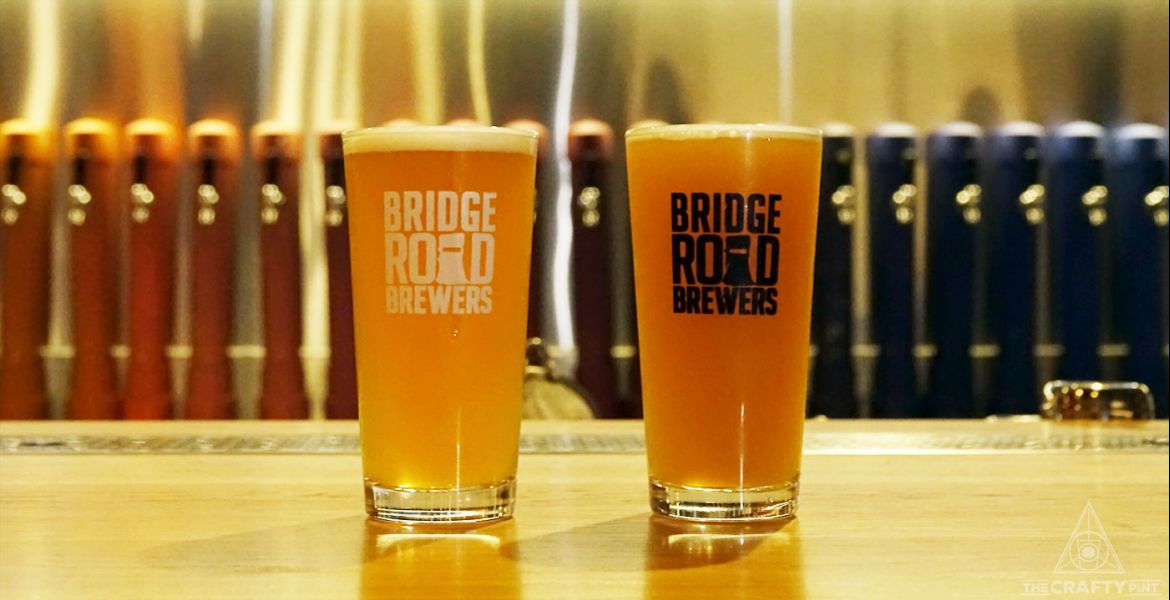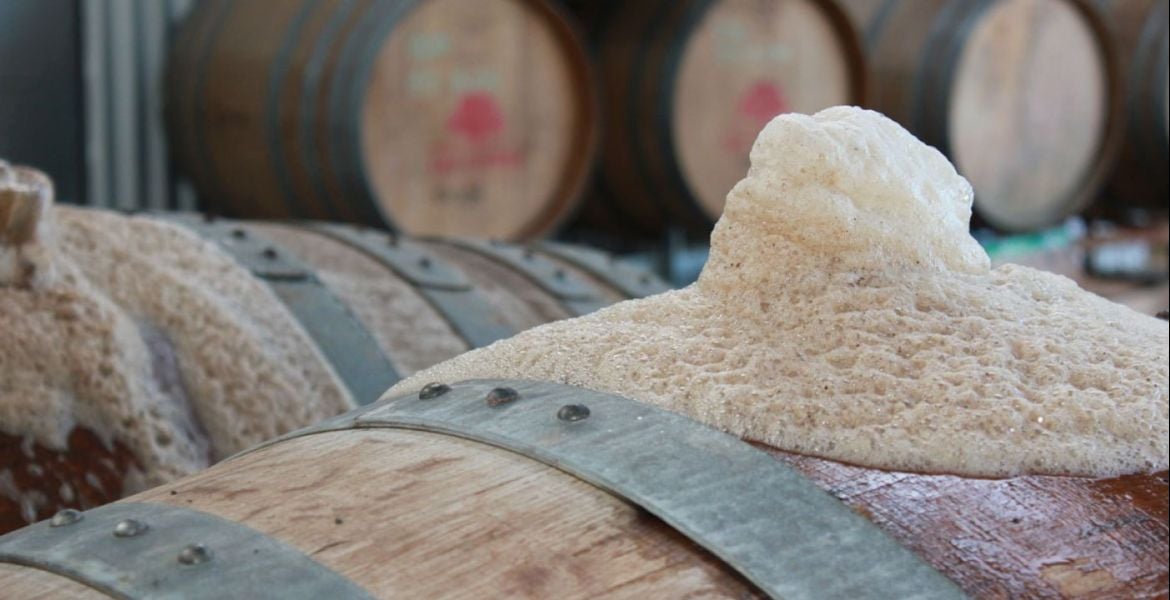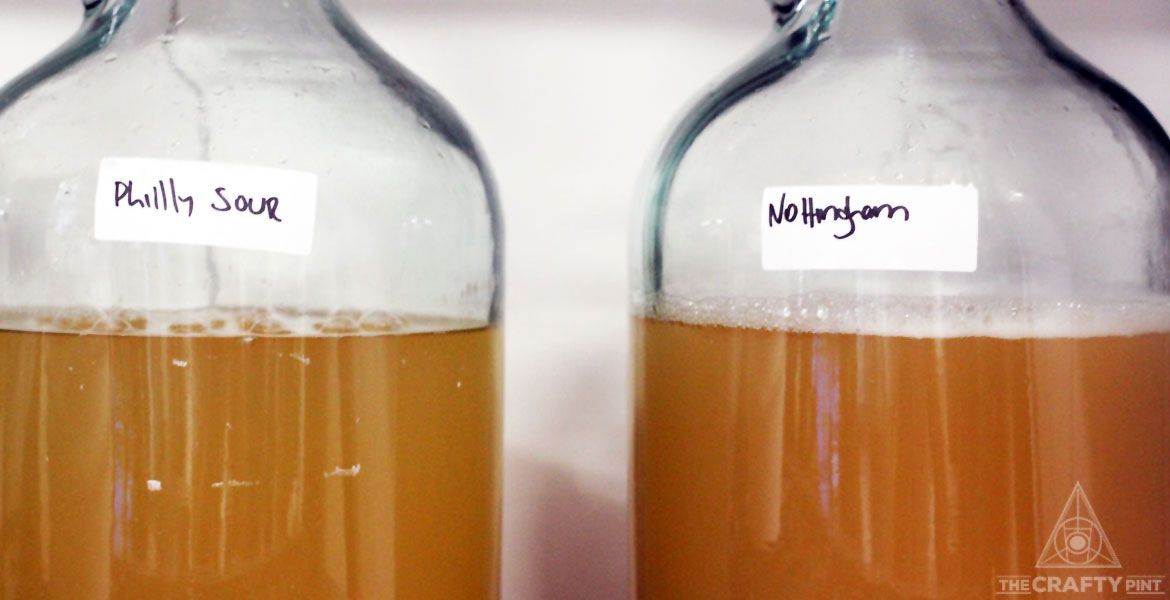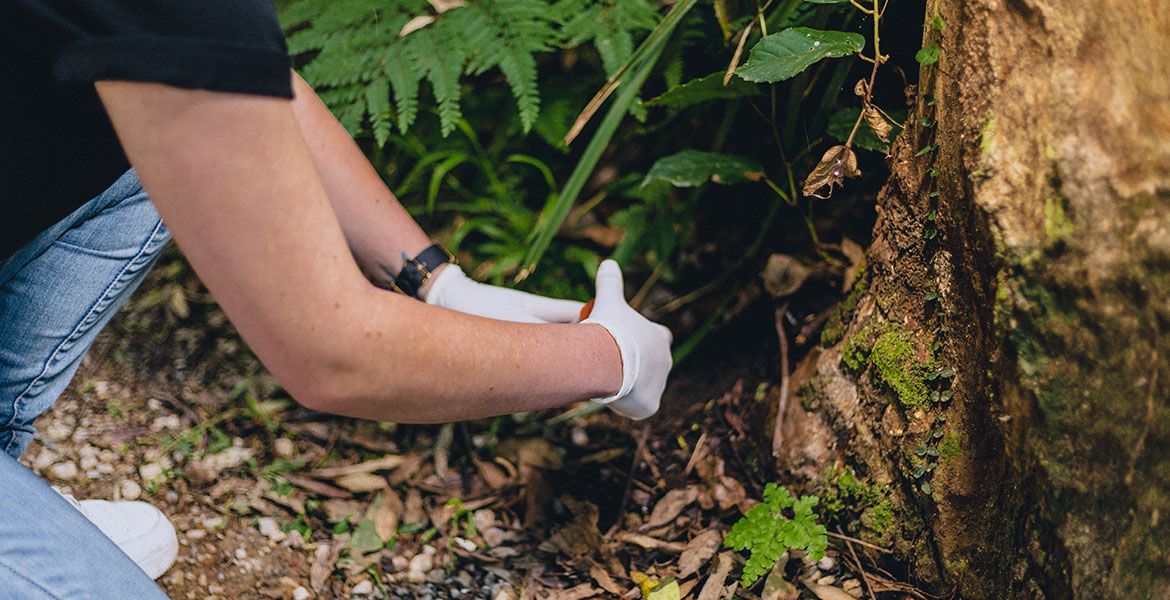Adelaide's brewing scene has been given a boost in recent times, courtesy of a new operation providing the brewers of its home city and state with a locally-produced way to transform wort into beer.
Ferveo already counts the likes of the Wheaty Brewing Corps, Shapeshifter and Bowden Brewing among its customers and, although the business only officially launched in the last year, its presence on the Australian beer scene stretches back to 2006. That was when Ferveo founder Tommaso Watson arrived in Australia to complete a PhD in fermentation microbiology.
It's an area of study that naturally lends itself to beer, although Tommaso says he joined the University of Adelaide to work on improving fermentation for another drinks industry.
“I was a winemaker beforehand,” he says. “I developed techniques and skills that were generally applicable to improve fermentation performances and I could test the strain performance at a large scale.
“Then, around 2010 and 2011, I was doing a lot of homebrewing with a friend of mine and we almost decided to start a brewery in Adelaide.”
Like many other yeast manufacturers, he sources his from archives around the world before testing to see how they turn wort into beer. Over the course of his career, Tommaso has developed laboratory equipment capable of fermenting up to 384 strains at once.
“It allows me to accurately screen the fermentation performance of hundreds of strains side by side,” he explains.
“That gives me an accurate comparison between strains, and if I compared their fermentation performance against popular commercial strains then I can benchmark the fermentation performance.”

Once Tommaso finds a strain he thinks will be useful, he starts collaborating with local brewers to see how the final beer matches his scientific insights.
“I’II go and see brewers and set up a panel to see if I can find a correlation between the analytical measurements and whatever is being picked up by the panel,” he says.
“It takes lots of time, so I prefer to sell only a few strains. But the strains that I sell, I am confident in their performance.”
One strain exciting him is called Riverside Lager, which he says is great for brewing pilsner and comes with a long history in the state and a name inspired by the former West End brewery's location on the River Torrens.
“I recently went and discovered a strain that was used in the 1950s in a South Australian brewery that was the predecessor to West End,” he says.
“That’s good for pilsners and more aromatic, complex beers. It’s a very robust strain: very fruity, very aromatic and a very fast fermenter. These are the kinds of characteristics I’m measuring in the strains I’m offering to the public.”
Along with Riverside, he has around ten other strains available, including another, more neutral lager strain, a kveik option, and varieties for brewing IPAs (including hazies), hefeweizens and saisons. And although he's been focused on his own backyard to date, Tommaso is keen to get his products further afield too, and wants to be able to provide unique options to brewers.
“If a brewer has a specific requirement,” he says, “then I can go and look into the collections and get an original one and propagate it and do a month-long special on the specialty strain.”
Although Tommaso is still involved at university, he’s since moved into his own lab and production facility in Adelaide. He's not exactly approaching the beer industry without practical experience either: he has brewed at Mismatch and elsewhere, while also building the business through the support of those brewers who have helped test his products over the years.
Beyond using his own unique machinery to develop the yeasts, there’s another way in which Ferveo is an idiosyncratic beer business. While the yeast is wet rather than dry, Tommaso doesn't call it a liquid yeast; instead, it's a highly concentrated paste.
“It’s still considered fresh and a patchable quantity, like when you get liquid yeast, but they’re concentrated into a paste consistency,” he says.
“The concentration of cells in the product is about five to six times more than what you get if you buy as much from overseas. So, instead of buying five litres of liquid yeast to pitch in your fermenter, you’d buy a kilogram of this paste.”
That semi-solid state led to another innovation as Tommaso was trying to work out how to get yeast that doesn't easily pour (as the video above shows) into fermenters. He designed cartridges that can be pressurised for in-line pitching, which he says brings a range of benefits, including reducing the risk of any other microbes impacting a beer when yeast is added.
“You don't have to open the fermenter to pitch the yeast,” he says. “You instead inject this cartridge in line during the wort transfer from the brewhouse to the fermenter.
“It's time-saving, it's safer because you don’t have to climb, and it reduces the risk of microbial contamination.”
He's also designing the cartridges to suit the needs of specific brewers.
“For some brewers, it’ll go in steps, so it’s 500 or 1,000-litre increments," Tommaso says. "If you have 1500 litres of beer, you might buy three 500-litre cartridges.
“For customers that are reoccurring and can schedule the production ahead a month or two, then I can customise the containers. So, if their brew is 1,235 litres, I can put the exact number of cells they will need for the gravity and volume.”
If that wasn’t quite enough innovation, Tommaso says he’s keen to further develop his own strains, stating he looks longingly at countries where yeast-makers are able to genetically modify products. In America, such practices have seen the rise of yeasts that enhance thiol components in beer and lead to more pronounced tropical notes (read more about thiols and beer here).
“We’re missing out on some big opportunities and I know how to genetically engineer strains so I could do it, but what’s the point if you can’t sell it in Australia?”
As for the name Ferveo, it comes from another part of his education that predates making wine and studying fermentation.
“I did five years of Latin in high school back in Italy,” he says. “So, I figured I better use this knowledge for something.”
“When a winemaker in Italy sees the fermentation start, they say, ‘Oh look, it's boiling’.
“But Ferveo means, ‘I boil’."
You can get in contact with Ferveo via the website and follow Tommaso's journey on Facebook and Instagram.



